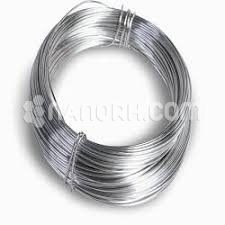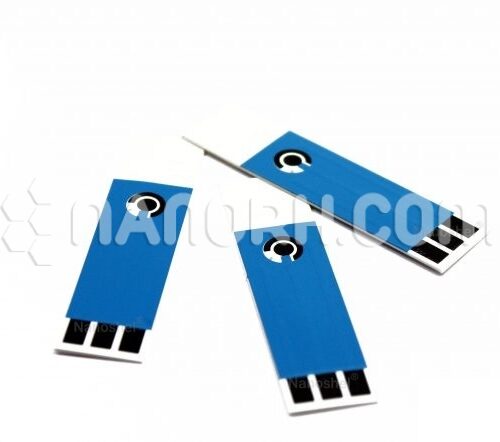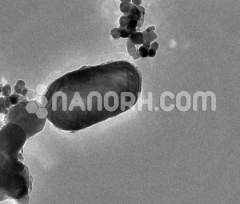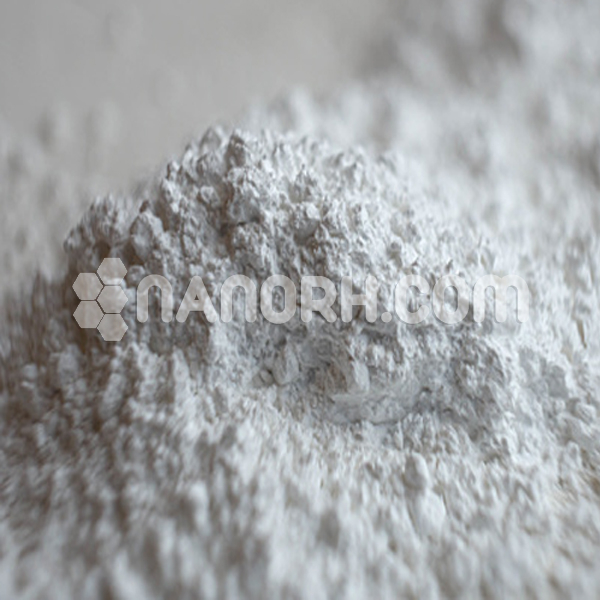Platinum Wire (Pt, Purity: 99.9%, Dia: 0.15mm)
| Platinum Wire | |
| Product No | NRE-60013 |
| CAS | 7740-06-4 |
| Molecular Weight | 195.08 g/mol |
| Molecular Formula | Pt |
| Diameter | 0.15mm |
| Density | 21.45 g/cm³ (lit.) |
| Purity | 99.9% |
| Resistivity | 10.6 μΩ-cm, 20 °C |
| Melting Point | 1768.3 °C |
| Boiling Point | 3825 °C |
| Colour | Silver-Grey |
Platinum Wire
Plantium Wire
Platinum wire is a thin, flexible strand of platinum metal, known for its remarkable physical and chemical properties. Platinum, a precious metal, is part of the platinum group of elements (which also includes palladium, rhodium, iridium, osmium, and ruthenium. Platinum wire is used in a variety of applications due to its unique properties, including high resistance to corrosion, excellent electrical conductivity, and stability at high temperatures.
Thermocouples: Platinum is often used in thermocouples, particularly in high-temperature applications. Type R, S, and B thermocouples, which are used for temperature measurement, employ platinum wire due to its stability and accuracy in measuring temperatures up to 1,700°C.
Electrical Contacts and Electrodes: Platinum’s excellent conductivity and resistance to corrosion make it ideal for use in electrical contacts, particularly in harsh environments where other materials might degrade. It’s also used in electrodes for various electrochemical applications, including in sensors and fuel cells.
Catalysts: Platinum is a key catalyst in various chemical reactions, including in automotive catalytic converters, where platinum wire or other platinum forms help reduce harmful emissions by facilitating the oxidation of pollutants.
Medical Devices: Due to its biocompatibility, platinum wire is used in medical devices such as pacemakers, defibrillators, and neuromodulation devices. It’s also used in stents and other implantable devices.
Laboratory Equipment: Platinum wire is used in high-temperature laboratory equipment, such as crucibles, due to its ability to withstand extreme heat without reacting with other materials.
Jewelry: is also used in fine jewelry, especially in settings that require durability and resistance to tarnish.
Resistive Heaters: in high-precision resistive heaters, particularly in scientific instruments where stable and precise temperature control is required.
Glass Production: In the glass industry, in the production of optical glass and other specialty glass products. The wire can withstand the high temperatures required for glass melting without reacting with the glass.




